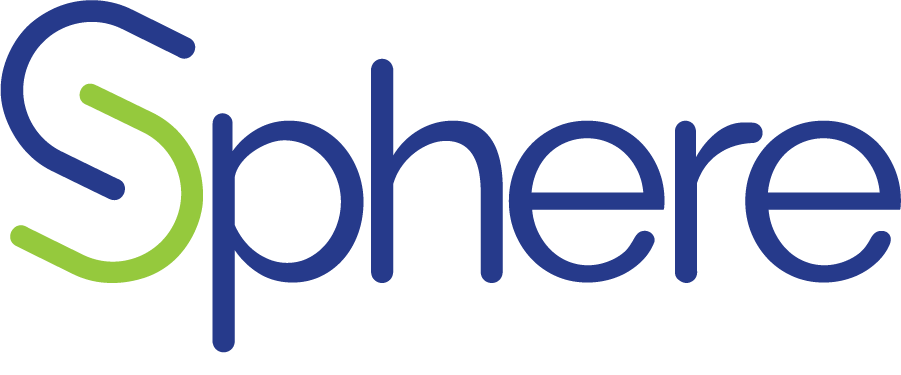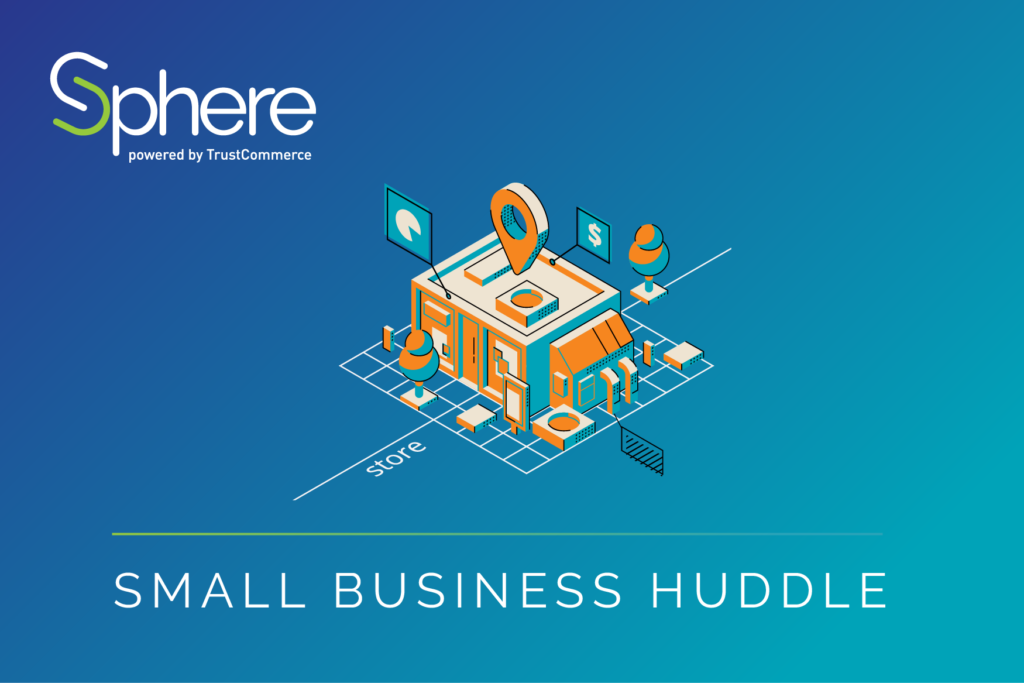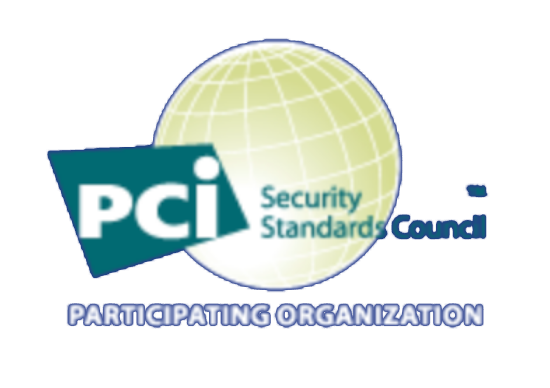As government, city and other civic agencies enact restrictions on businesses in an effort to safeguard the public and prevent the spread of germs, exceptions have been granted for what most are calling essential businesses or essential jobs. Examples include grocery stores, medical offices, postal services, childcare or senior care centers, transportation providers and more.
While these businesses and service providers remain open to patrons, it’s important to practice safe social distancing and limit the amount of contact made, including during each payment transaction.
Here are a few ways essential businesses and consumers can limit contact when a transaction takes place:
Contactless Payment Solutions
The spread of germs through cash and card–present transactions is top of mind. Contactless payment methods, such as with payment cards enabled with NFC chips, or smartphones enabled with Apple Pay or Google Pay*, help merchants and customers avoid physical interaction. When choosing a terminal for your business, consider its contactless capabilities. While the adoption of contactless payments has been a trend recently, the popularity of this type of transaction is paramount in a time where the spread of germs is a heightened concern.
No Signature Required
Don’t forget, as of 2018, the card brands (Visa, Discover, MasterCard, American Express) no longer require signatures when making a purchase with a credit card. There’s no need to have pens available for customers to use to sign. This simple step can give everyone peace of mind.
Pay Before You Go
A popular way to reduce contact is to allow customers to prepay for goods and services when possible via a remote payment option such as an online payment, text to pay, or over the phone.
Properly Clean Equipment
Some contact with devices is unavoidable. Most device manufacturers are offering guidance on how to properly clean your equipment. In addition, consumers and employees can help by making sure to clean s payment cards regularly, practice safe social distancing, wiping down checkout counters and surfaces, and washing hands between each transaction.
Wrap Up
As businesses start to reopen their doors and social distancing recommendations start to ease, there may still be a demand from cautious consumers to limit any potential interactions. There is no way to know what consumer behaviors will last beyond the current environment. It’s a good idea for businesses to make these features available to consumers who wish to continue to minimize contact with others even after all restrictions are lifted.



